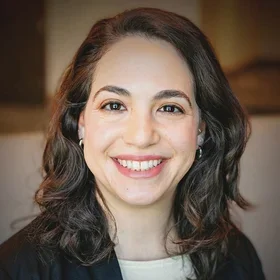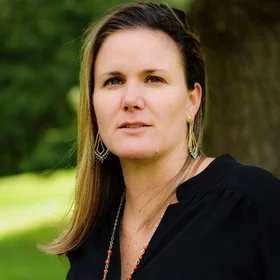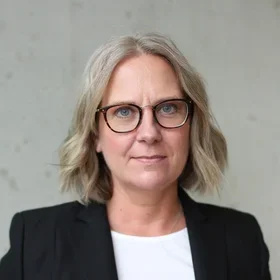After a Los Angeles couple sued a prominent fertility clinic for allegedly implanting their embryo in a stranger, a degree of panic has rippled through patients of fertility clinics. WebMD sought out experts to help them understand the risks they face. Veteran Fertility Specialist Dr. Mark V. Sauer, MD, chair of obstetrics and gynecology at Rutgers Robert Wood Johnson Medical School and alumnus of Columbia’s Bioethics master’s program, contributed to the story.
Sauer, who graduated from the Bioethics program in 2017, was the director of an in vitro fertilization lab at Columbia University for 21 years.
In vitro fertilization is a complex procedure that involves storing the minuscule embryos in Petri dishes or liquid nitrogen, Sauer said. And “there is no way to put a nametag on an embryo…The embryos are just 100 cells under the microscope, and they all look alike.”
Yet mistakes are exceedingly rare, Sauer asserted. The procedure is generally very safe—and common. In 2017, 78,000 babies were born in the United States as a result of some type of assisted reproductive technology.
Sauer and other experts also detailed the evolution of the procedure and tips for parents seeking reliable, reputable clinics.
Read the entire article at WebMD and learn more about the Master of Science in Bioethics at Columbia.


